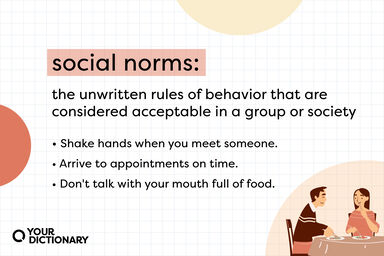When conditions so changed that government could free itself from its dependence on the baron, feudalism disappeared as the organization of society; when a professional class arose to form the judiciary, when the increased circulation of money made regular taxation possible and enabled the government to buy military and other services, and when better means of intercommunication and the growth of common ideas made a wide centralization possible and likely to be permanent.
But where books failed memory was strong and the power of retaining things heard was not confined to a professional class.
The professional class was 131,035, the domestic 219,418, and the commercial had risen from 83,173 in 1891 to 97,889 In 1901.





